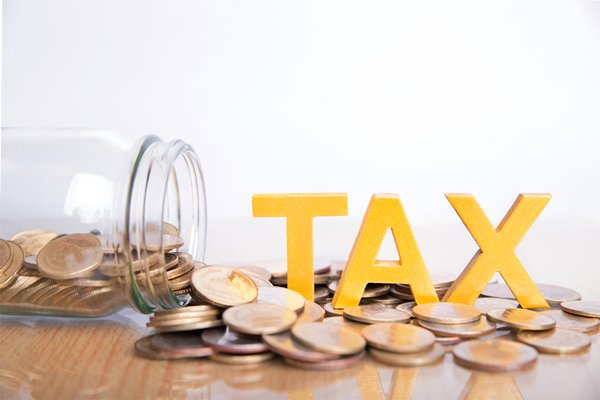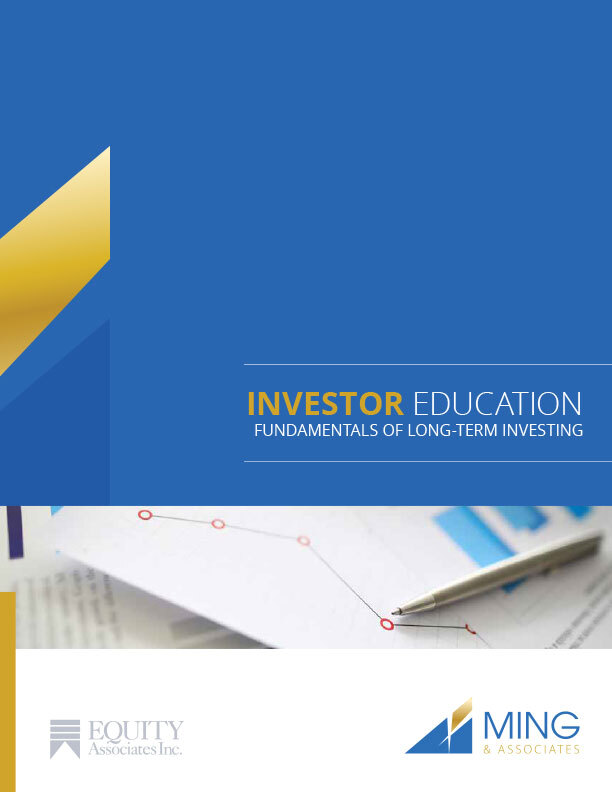Over the next few months everyone will be gearing up for income tax season. In the year ahead, set yourself up for a more favourable income tax situation in 2023 & 2024. Consider;
Maximizing Registered Retirement Plan (RRSP) Contributions: One of the only ways you can still lower your 2023 income taxes, is to make RRSP contributions before Feb 29th, 2024. Contributions to your registered retirement savings plan are tax deductible at your highest tax rate. This can add up to huge tax savings throughout your working career. On top of that, all growth from investments inside an RRSP are sheltered from taxes each year, and withdrawals are then taxed as income in the year you withdraw money (usually in retirement when your tax rate is considerably lower).
We understand it can be tough to come up with a large cash contribution at the end of the year to deposit into your RRSP. Consider setting up automatic contributions of a smaller amount on a regular basis (bi-weekly or monthly).
File your taxes on time: Individuals who file their income tax late and have a balance owing to the Canada Revenue Agency (CRA) will be subject to a penalty. It is not unusual for us to see individuals with penalties in the thousands of dollars!
Tax Free Savings Account (TFSA): Contributions to a TFSA are made with after-tax dollars, so there is no immediate tax savings to you. However, all investments inside a TFSA grow on a tax-free basis, which allows you to fully compound your money over many years. Withdrawals from a tax-free savings account are easily accessible and tax-free, this means it will not count as taxable income in the year it is withdrawn (and have no impact on income-based benefits like OAS or GIS).
Make Non-Registered Investments tax efficient: For non-registered, contributions and withdrawals of principal are not subject to income tax, however you will be taxed on any growth and income generated in the account. For instance, if you are holding investments such as Guaranteed Investment Certificates (GICs), 100% of your interest is taxable income each year. Many investors pay unnecessary taxes, and we find many investment plans are not designed to be highly tax efficient. Remember, it’s only your after-tax return that matters.
Nearing Retirement? Consider Delaying CPP and/or OAS. You have a few options to reduce your taxable income in retirement such as drawing down RRSPs early while delaying CPP and/or OAS (which also increases the amount you’ll receive later).

